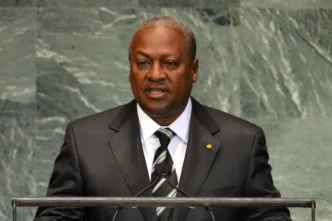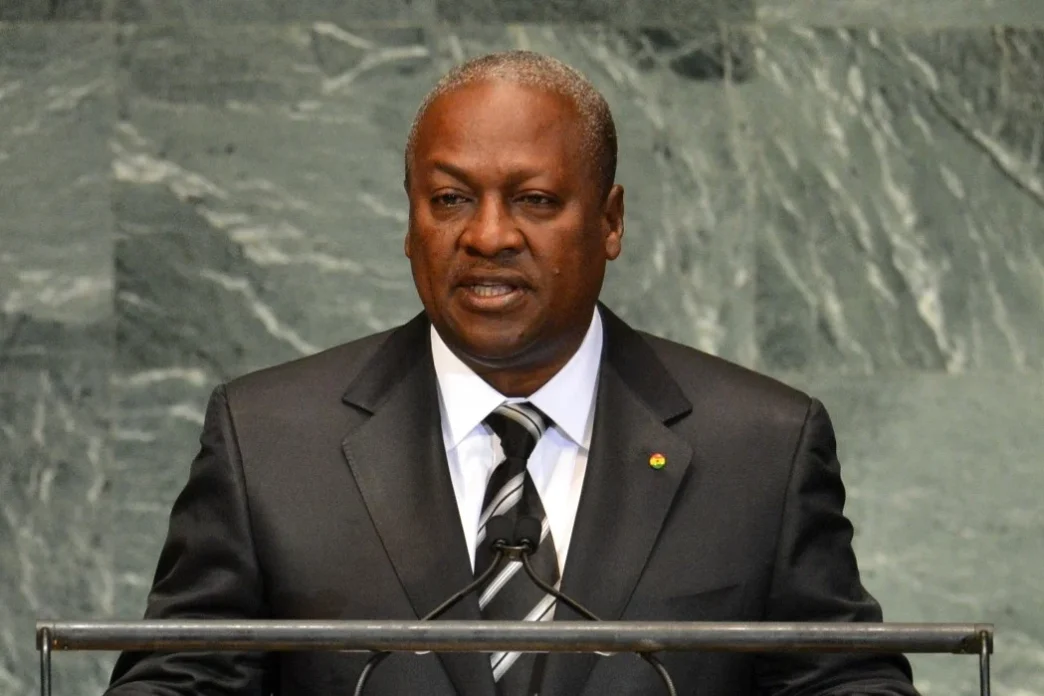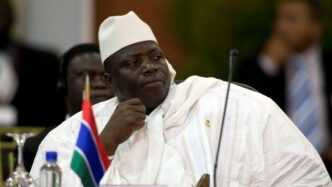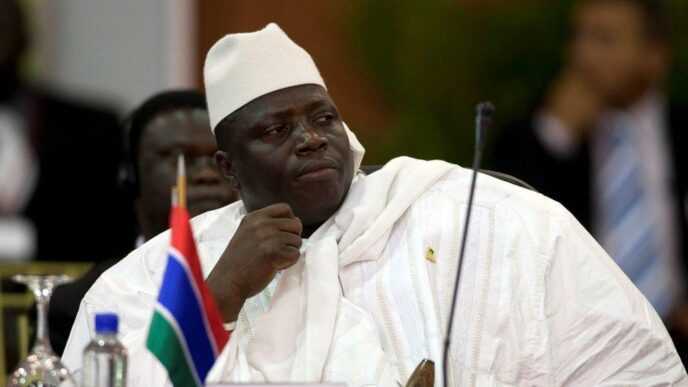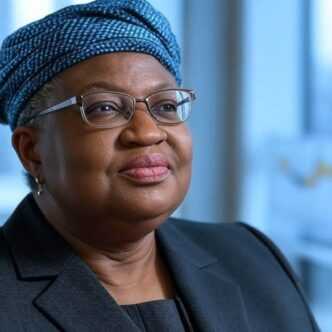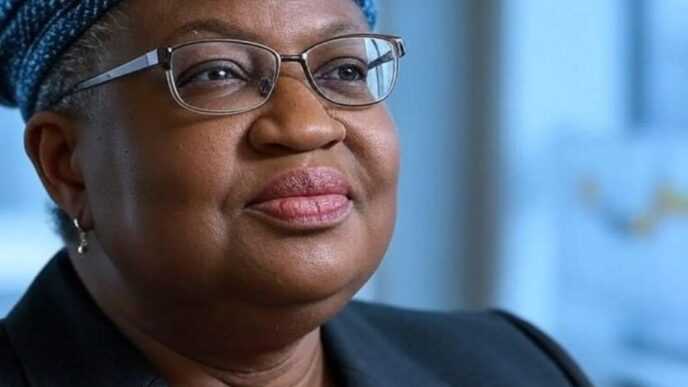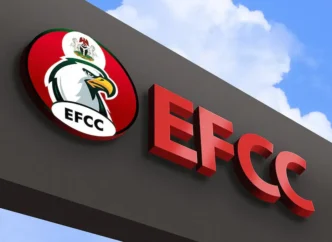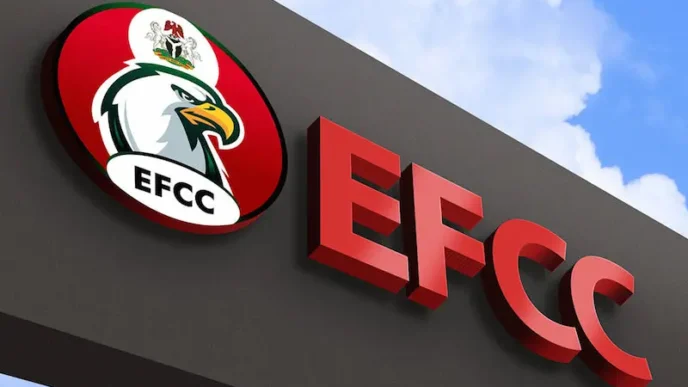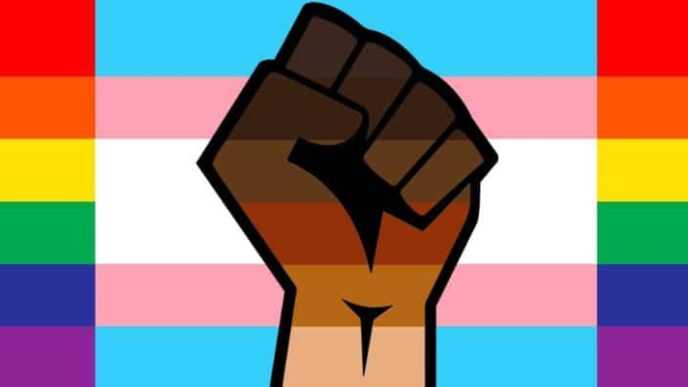Ghana’s newly elected president, John Mahama, faces an uphill battle to deliver on his ambitious promises of economic revival.
Fresh off his electoral victory, Mahama has pledged to boost spending, ease cost-of-living pressures, and create jobs, but his lofty goals are likely to collide head-on with the rigid conditions of the $3 billion IMF bailout.
Mahama, who served as president from 2012 to 2017, has framed his return to power as a “new beginning” for a nation reeling from inflation, debt, and stagnation. His bold vision includes initiatives like establishing a National Economic Recovery Task Force, reviving youth employment programs, and scrapping VAT on essential goods.
These ideas resonate with voters desperate for relief after years of austerity, but can Ghana afford them?
The IMF deal, signed under the previous government, ties Ghana’s hands with demands for fiscal restraint. The bailout aims to restore macroeconomic stability by cutting public spending and increasing tax revenue—a policy path that directly contradicts Mahama’s spending-focused agenda.
Political analysts have already sounded the alarm, cautioning that Ghana’s fiscal space is heavily restricted.
Even Mahama himself appears to acknowledge the looming conflict. In November, he hinted at renegotiating the IMF terms to “smoothen out” debt repayments. But institutions like S&P Global Ratings remain skeptical, suggesting that policy continuity will dominate Mahama’s term, despite his campaign rhetoric.
Balancing act or tightrope walk?
Ghana’s economic woes are no secret. Under the New Patriotic Party (NPP), debt ballooned to 85% of GDP, and inflation eroded purchasing power, leaving citizens grappling with skyrocketing prices.
Voters, understandably disillusioned, turned to Mahama for a fresh direction. Yet, fulfilling their hopes while managing Ghana’s debt and maintaining IMF compliance feels more like a tightrope walk than a balancing act.
The stakes couldn’t be higher. Mahama’s success—or failure—will not only shape Ghana’s economic future but also set a precedent for how African nations navigate the ever-looming influence of global financial institutions.
Will he manage to prioritize the needs of his people without jeopardizing Ghana’s financial stability? Or will the IMF’s conditions leave his promises unfulfilled, dashing the hopes of millions who voted for change?
For Mahama, the task ahead isn’t just unenviable; it’s Herculean. Only time will tell if he can chart a path that reconciles his vision with the harsh realities of Ghana’s fiscal crisis.
Read More:
